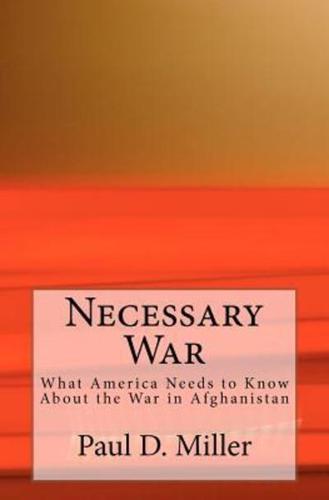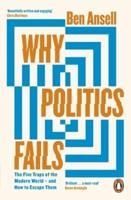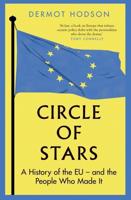Publisher's Synopsis
Pessimism abounds in Afghanistan. Violence, NATO casualties, corruption, drug production, and public disapproval in the United States are at record levels. Yet the stabilization and reconstruction effort in Afghanistan has gone better than is widely believed. Critics of the war effort have drawn misguided lessons from cartoonish and caricatured versions of Afghan history -- comparing the International Security Assistance Force (ISAF) to the armies of Alexander the Great, William Elphinstone, or Boris Gromov -- to conclude that the laws of history bar foreign militaries from accomplishing anything in the land of the Hindu Kush. In fact, the war in Afghanistan is important, just, and winnable. As the international community transitions to Afghan leadership in security operations by 2014, a renewed effort to compel Pakistan to stop support for militants coupled with greater investment in the Afghan government's capacity will enable the United States to achieve its core goals-and Afghanistan will have a genuine chance of becoming stable for the first time in a generation. Although serious challenges remain, victory is attainable -- if the troops and their civilian counterparts are given time to complete their mission.









